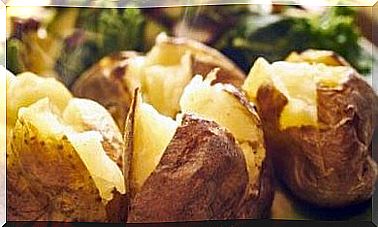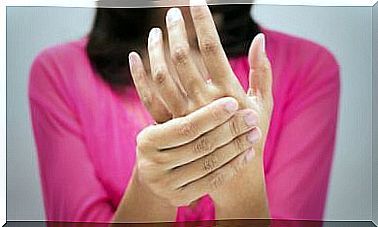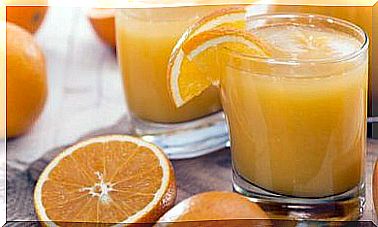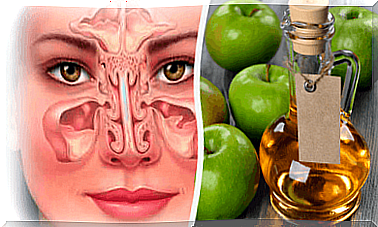Disinfect Kitchen Sponges With Natural Solutions
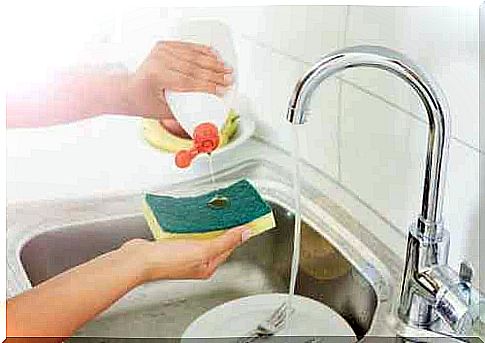
Do you know that it is important to disinfect kitchen sponges on a regular basis ? It is true that we use them for cleaning, but over time they can become a source of dangerous bacteria and microorganisms.
Scientific evidence shows that kitchen sponges are among the dirtiest and most contaminated objects in the house, even more than the bathroom. The reason? Moisture and food residues create a favorable environment for the proliferation of many pathogens.
For this reason, it is important to know different methods for disinfecting kitchen sponges every day, preferably after each use. If you don’t know how to do it, don’t miss these 5 effective solutions.
Why do you need to disinfect kitchen sponges?
Kitchen sponges are objects intended for cleaning dishes. Given the material they are made of, they are suitable for removing grease and food residues from dishes. So why are they potentially dangerous?
The answer is simple: their moisture and porosity create a perfect environment for bacteria such as E. coli , Salmonella or Campylobacter , among many. Under similar conditions, bacteria proliferate more easily and can survive for up to two weeks.
If we use them to wash dishes and dishes, many of the microorganisms can contaminate these utensils, which increases the risk of infection. Luckily, just replace the sponges regularly or do a few tricks to keep them clean after use.
Solutions to disinfect kitchen sponges
While methods of disinfecting sponges are certainly a great help, be sure to change them a couple of times a month. Despite their intact appearance, they can harbor residues of dirt and dangerous bacteria inside. After this premise, let’s see the best solutions to disinfect kitchen sponges.
1. White vinegar
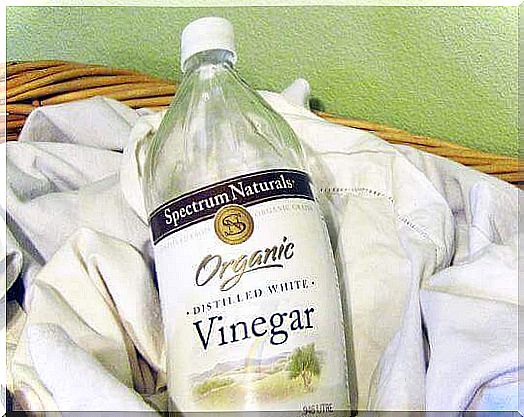
White vinegar is one of the best natural products for disinfecting kitchen sponges. Given its concentration of organic acids, it alters the environment that microorganisms need to develop. In addition, it eliminates odors and grease residues.
How to use?
- Boil a cup of water.
- Add the same amount of white vinegar.
- Immerse the sponge in the cup for about 20 minutes.
- After 20 minutes, squeeze and crush it to remove the dirt.
- Finally, if necessary, rinse it off with soap and water.
2. Liquid detergent
The properties of liquid dish detergent certainly help to clean kitchen sponges as well. For a deeper cleaning, it is best to use boiling water.
What needs to be done?
- Dilute a tablespoon of liquid dish detergent in a cup of boiling water.
- Immerse yourself in the sponge (being careful not to burn yourself).
- After 20 minutes, rinse the sponge and remove the dirt residues.
3. Microwave
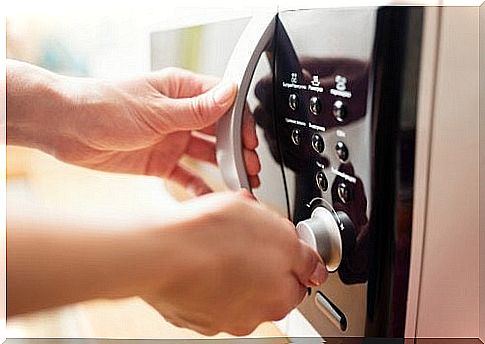
The microwave oven is an excellent ally to eliminate microorganisms from kitchen sponges. High temperatures alter the typical humidity of sponges, which prevents microorganisms from proliferating.
What needs to be done?
- Bear in mind that some sponges are made of synthetic materials that can melt with heat. Therefore, before using this method, put the sponge in a bowl with water and vinegar.
- At this point, transfer the bowl to the microwave for 2 minutes.
- If the sponge gave off an unpleasant smell, this method will eliminate it.
- Be careful not to burn yourself when you remove the bowl from the microwave.
4. Lemon juice
Lemon juice isn’t the most powerful disinfectant out there, but it’s a great alternative if you don’t have other remedies on hand. This product boasts natural antibacterial properties that help disinfect surfaces and utensils. Use it if the sponge smells bad or is dirty.
What needs to be done?
- Squeeze some lemons and pour the juice into hot water.
- Soak the sponge for about 20 minutes.
- Rinse the sponge with cold water and liquid detergent.
5. Tea tree oil
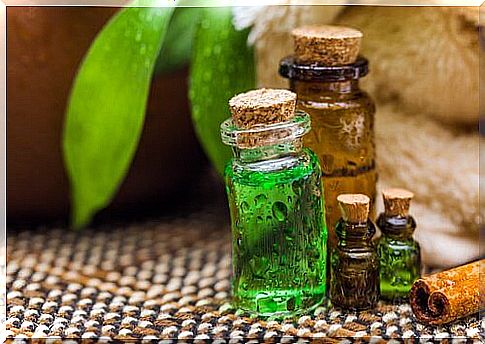
The last remedy we recommend to disinfect kitchen sponges is the prodigious tea tree oil. This ingredient, famous above all for its therapeutic uses, is an excellent solution to eliminate bacteria and microorganisms from any surface. It also reduces the smell of damp and mold.
What needs to be done?
- Add 15-20 drops of tea tree oil to a cup of boiling water.
- Immerse the sponge in it and leave it to soak for about 20 minutes.
- Rinse it and squeeze it to remove any residual dirt. If it still looks dirty, use some dish soap.
Don’t you have the habit of cleaning kitchen sponges? Now that you know how important it is to disinfect them, try the remedies we have proposed to you!




